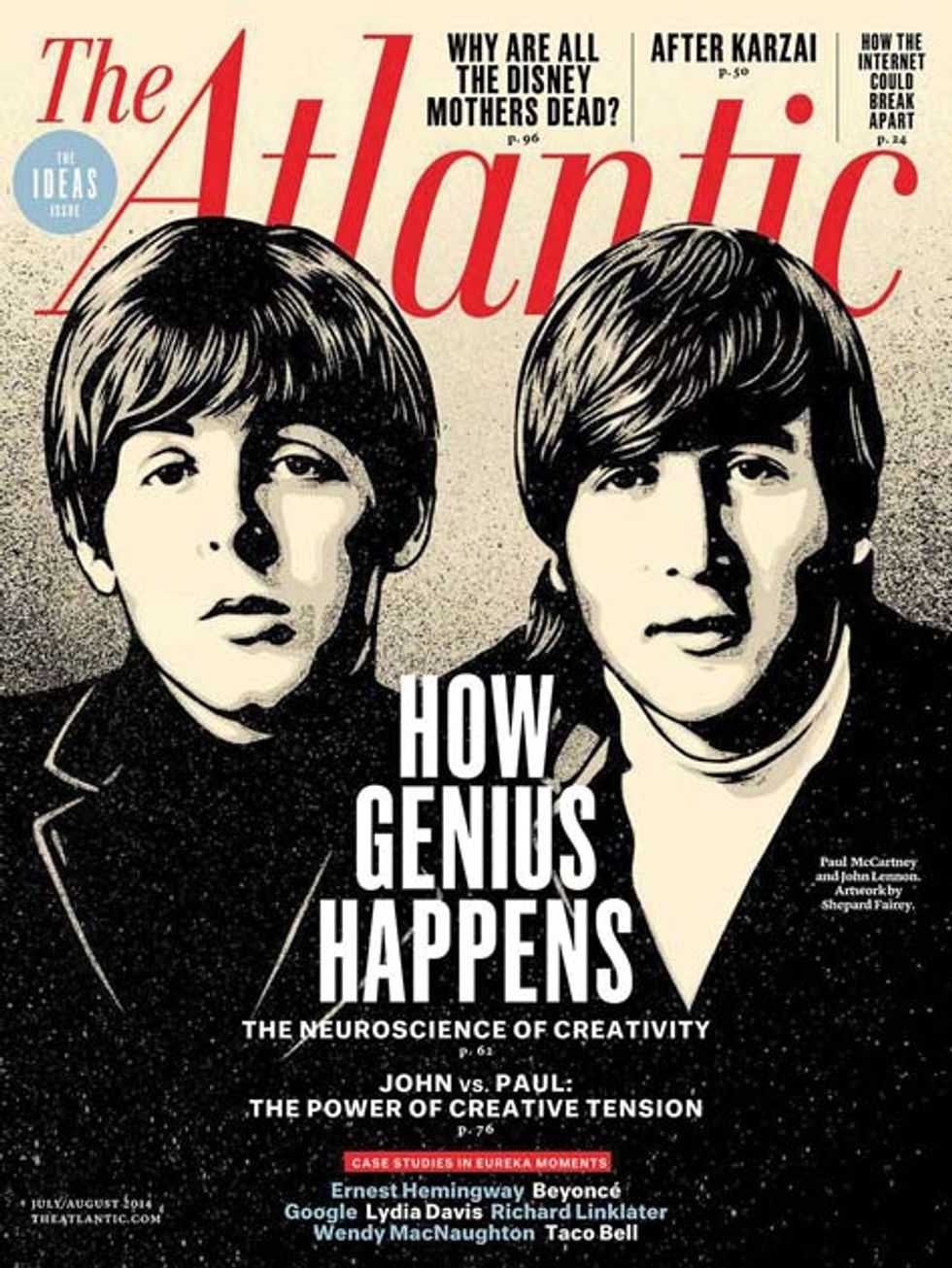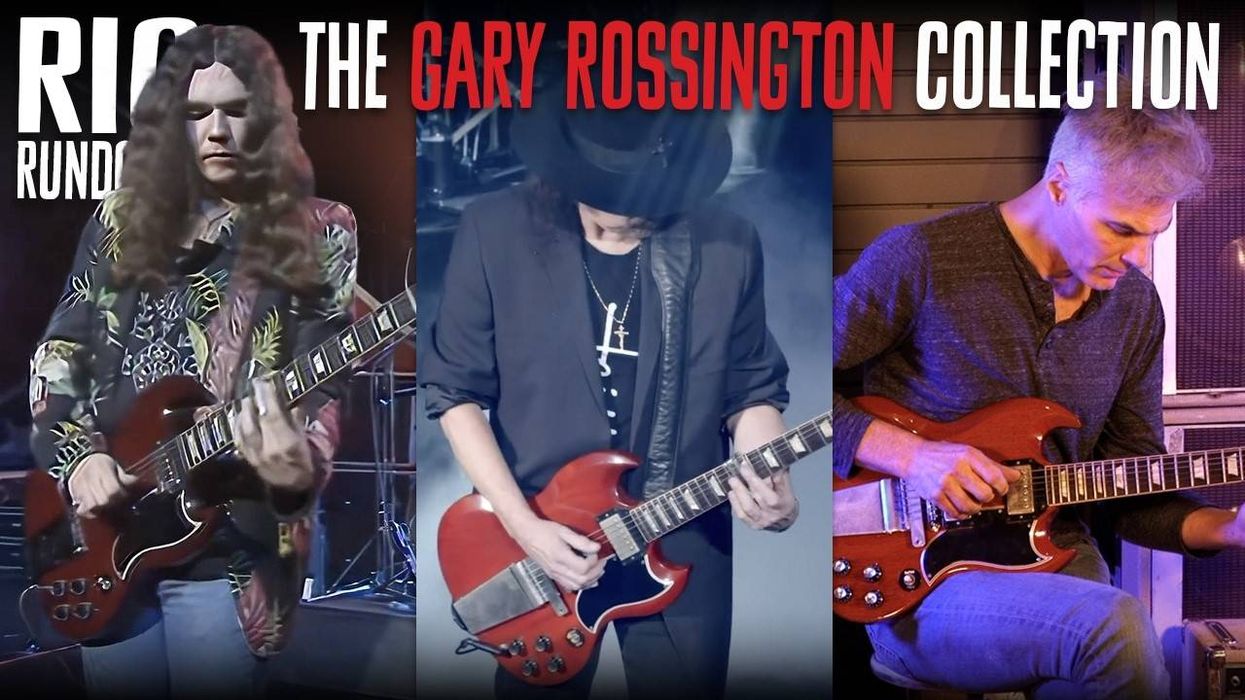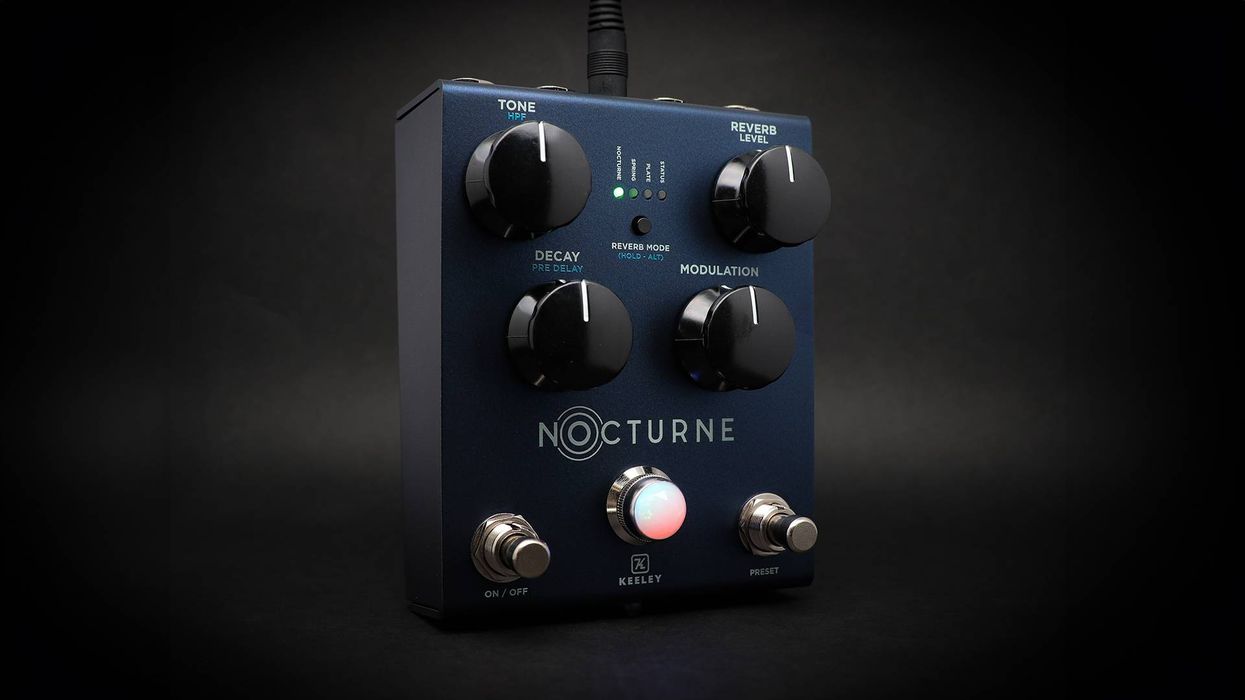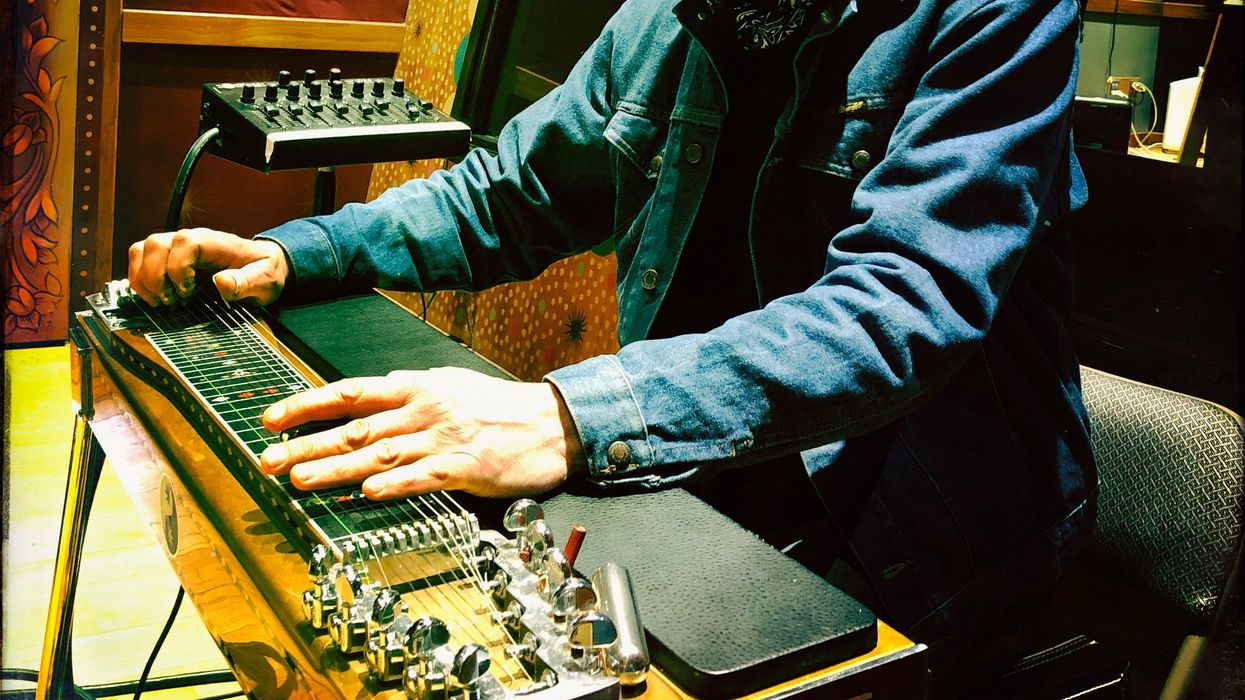
There’s no shortage of anecdotes about the strange behaviors of musicians, poets, actors, and other creative types through the ages. This Is Spinal Tap is full of them—and they’re probably not even that exaggerated. “Tortured artist” is pretty much a kinder way to call us crazy.
The stories are often all too true, but it’s really no laughing matter—and I’m not just being PC. As neuroscientist Nancy Andreasen discusses in her fascinating recent article for The Atlantic (“Secrets of the Creative Brain,” theatlantic.com), brainiacs and scientists—from Aristotle to Shakespeare and Sir Francis Galton—have noted for centuries that creative geniuses seem destined for melancholy and/or madness. But she’s got a lot of evidence from modern clinical studies to back this up. The research is ongoing, but one thing seems clear: There’s a link between strong creative drives and vulnerability to depression, schizophrenia, and other mental ailments.
Of course, all sorts of people struggle with this, and as decent people we should sympathize with them—it’s not just about being bummed sometimes. But as certifiable music junkies, we should perhaps pay extra attention to this correlation with creativity: Our own friends and bandmates might be suffering in silence. Or maybe that’ll be us someday—maybe it is now. It’s not egomaniacal to think any of us could be at risk—you don’t have to be famous to be plagued by your muse.
Andreasen’s research draws from decades of interviews with notables from the world-renowned Iowa Writers’ Workshop (including novelist Kurt Vonnegut), extensive data analysis from various studies, and brain scans of influential mathematicians, Nobel laureates, and even filmmaker George Lucas. (Say what you will of his last three Star Wars flicks—and if it’s vitriolic, I’ll probably agree with you—but apparently he is a bona fide polymath.)
Perhaps the most salient point from the Atlantic piece—that “having too many ideas can be dangerous”—was crystallized by one of Andreasen’s study subjects who’s a scientist.
[She/He] described to me “a willingness to take an enormous risk with your whole heart and soul and mind on something where you know the impact—if it worked—would be utterly transformative.” The if here is significant. Part of what comes with seeing connections no one else sees is that not all of these connections actually exist. “Everybody has crazy things they want to try,” that same subject told me. “Part of creativity is picking the little bubbles that come up to your conscious mind, and picking which one to let grow and which one to give access to more of your mind, and then have that translate into action.”
Isn’t that us—the whole-hearted risk takers? Aren’t we all looking for the song or riff or lyric that’s transformative, if not for our band or audience or the world, at least for ourselves? But which one will it be? And is our obsession with the phrasing or the tone or the infinite nuances healthy or a slippery slope?
Andreasen illustrates the dreaded tipping point for those at risk with a well-known example: In the 1960s, math savant John Nash (the inspiration for the Oscar-winning film A Beautiful Mind) was being treated for mental illness when a fellow mathematician visited to ask how he, as a logician, could possibly believe he was receiving communiqués from aliens. Nash responded, “Because the ideas I had about supernatural beings came to me the same way that my mathematical ideas did. So I took them seriously.”
Whether your creative labor pains sometimes leave you feeling a little unhinged or you just want to understand our crazy world a little better, you should read this piece. You’ll find yourself wondering if the bizarre stories about creative geniuses and tragic lives like those in “the 27 Club” have less to do with megalomania and extra dough to blow on blow than they do with minds trying desperately to mod a circuit wired for morbid levels of creativity. You may even be less inclined to view wonderful weirdoes—perhaps yourself—as pathetic or deserving of scorn, and more in need of understanding … maybe even a hug.










![Rig Rundown: Russian Circles’ Mike Sullivan [2025]](https://www.premierguitar.com/media-library/youtube.jpg?id=62303631&width=1245&height=700&quality=70&coordinates=0%2C0%2C0%2C0)






